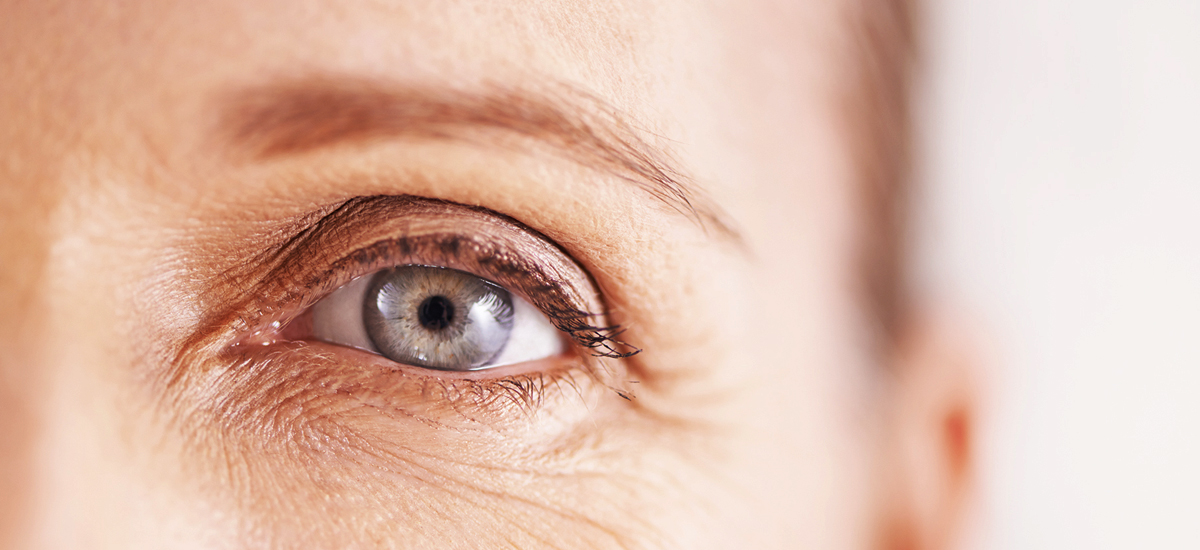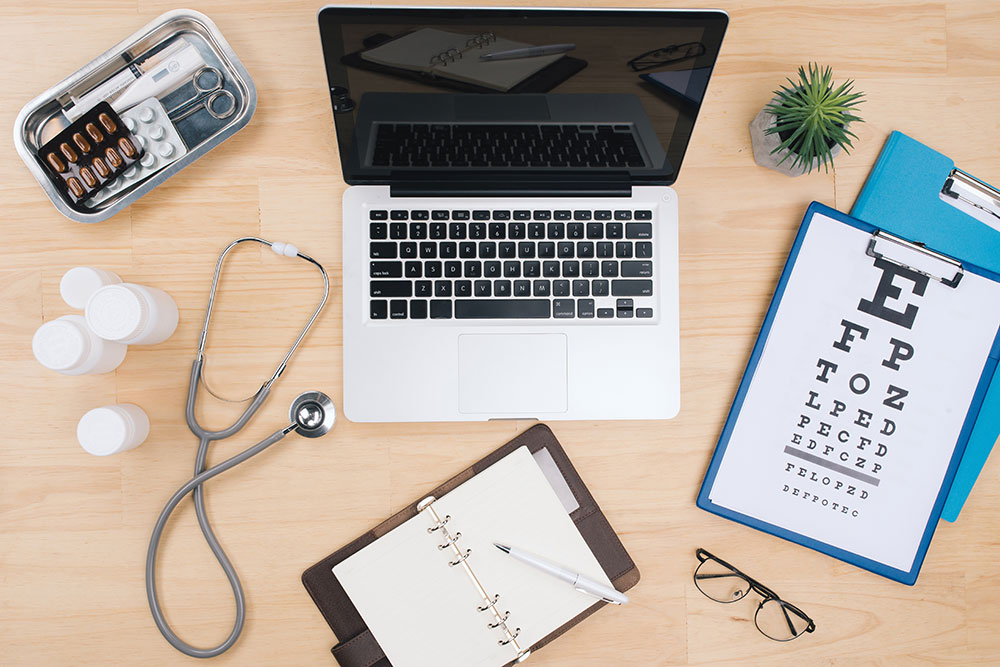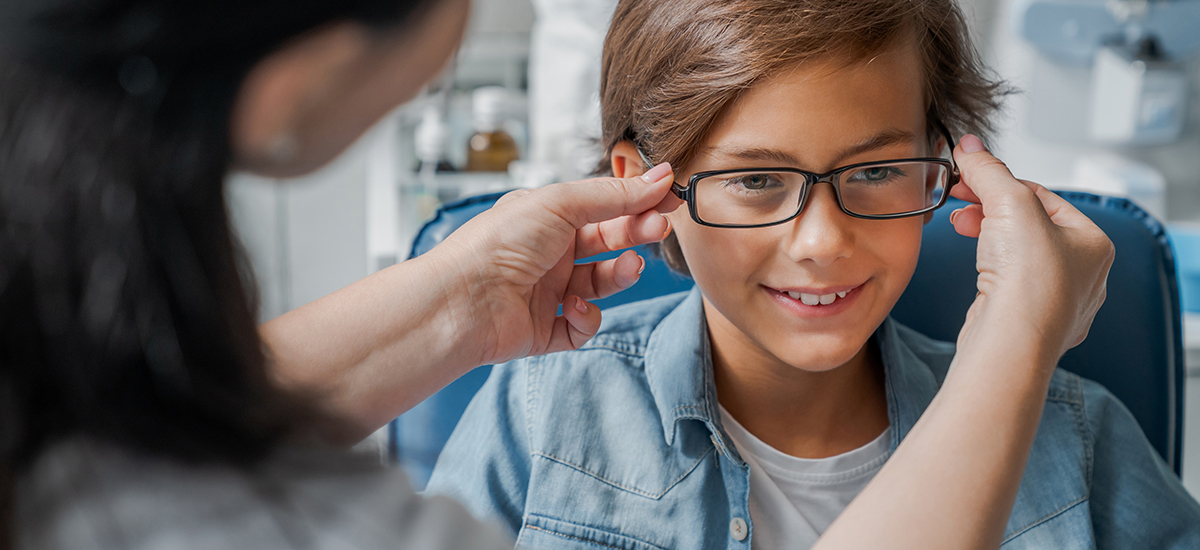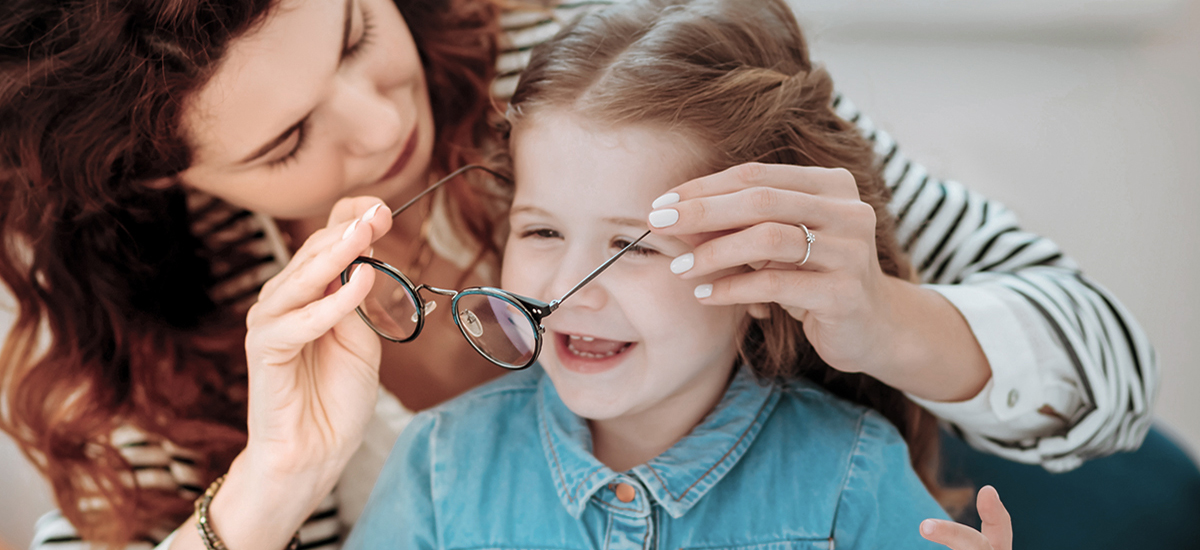What Are the Most Common Diabetic Eye Disease Symptoms?

Diabetes affects many parts of your life and body, including your eyes. Over time, this condition can cause diabetic eye diseases, which can lead to complete vision loss.
While this may sound alarming, did you know that almost 50 percent of people in the U.S. aren’t sure if there are symptoms for diabetic eye diseases? That can make it difficult to know when to see an eye doctor since you may not even realize you’re having signs of a serious eye condition.
Having a comprehensive eye exam is the best way to test your eyes for eye diseases and other problems. But being aware of the indicators of diabetic eye diseases is essential so that you can schedule a sooner appointment if necessary.
What are the most common diabetic eye disease symptoms?
There are many types of diabetic eye diseases, including cataracts, diabetic retinopathy, and glaucoma. Depending on what you have, your symptoms can vary, as can the severity and how fast it progresses.
Let’s examine the different diabetic eye disease symptoms.
Cataracts
Your eye lenses usually are colorless, but when you have cataracts, parts of the lenses can become hazy. This prevents your eyes from directing light to the proper place, which can cause vision complications.
Cataracts often affect both eyes, though one eye may have more symptoms. And those with diabetes mellitus have a higher chance of developing this eye disease. Here are some indicators you might have cataracts:
- Blurry vision
- Decreased color perception
- Light sensitivity
- New refractive errors
Diabetic Retinopathy
Throughout your life, diabetes can harm your blood vessels and retina (found behind the eye). Eventually, you can develop diabetic retinopathy, causing the blood vessels to seep out blood and other liquids. This makes your retina puff up, which can lead to blurry vision in one or both eyes.
Without proper treatment, diabetic retinopathy can cause you to lose your vision. The other symptoms of this diabetic eye disease include:
- Blurry vision
- Eye floaters
- Patches in your immediate line of sight
- Trouble seeing in the dark
Glaucoma
If your eye has a build-up of pressure or fluid, this can harm the optic nerve, causing glaucoma. Over time, this can affect your eyesight. But anyone can get glaucoma, not just those who experience elevated eye pressure. For instance, some studies suggest that you have a higher likelihood of getting glaucoma if any family members have it or if you use specific medications.
Many types of glaucoma don’t show symptoms immediately, but here are some to keep an eye out for:
- Blurry vision
- Halos
- Pain in the eyes
- Red eyes
Summary: How can you tell if diabetes is affecting your eyes?
Diabetes can impact your eye health in many ways, such as by increasing your risk of eye diseases. Cataracts, diabetic retinopathy, and glaucoma are common conditions that eye doctors look for during your eye tests, especially if you have diabetes.
What diabetic eye disease symptoms should you expect? They can vary from blurry vision to eye pain, depending on the type of eye disease and how long you’ve had it.
But often, eye diseases don’t have any symptoms--at least that you can see. Over time, your symptoms can worsen, which is why meeting with an optometrist right away is paramount if you’ve noticed anything different about your eyes or vision.
Need an effective treatment for diabetic retinopathy or another eye condition? Start by scheduling an eye examination with one of our eye doctors. Our team can detect multiple eye conditions, even if no symptoms are present, thanks to our advanced eye tests and state-of-the-art technology.
Book your eye exam at For Eyes
Have you had your annual comprehensive eye exam? Schedule an appointment with an Independent Doctor of Optometry at your local For Eyes.












